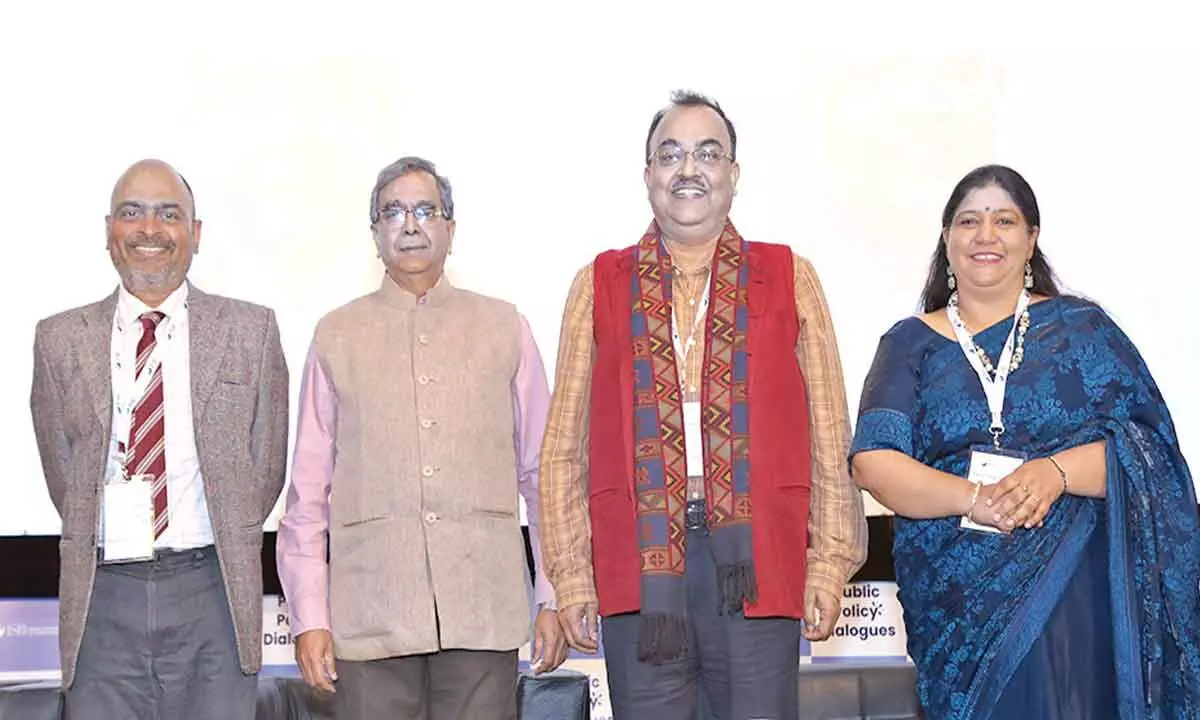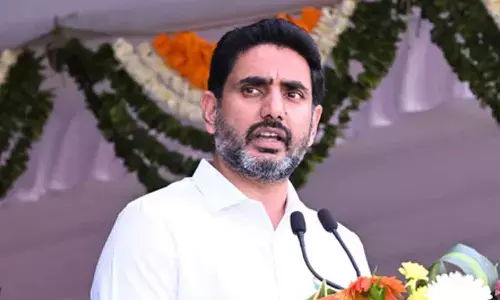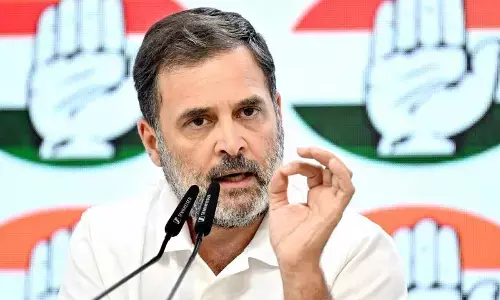‘Public Policy Dialogues’ conclave on human development begins at ISB

Hyderabad: The second annual three-day Public Policy Dialogues of the Bharti Institute of Public Policy, Indian School of Business, began on Wednesday, when the keynote speaker Dr K Srinath Reddy used the analogy of a digital camera to stress that policymakers need to “zoom into the ground level while also keeping a panoramic view of the overall goals for development of a country”.
Dr Reddy, honorary distinguished professor at the Public Health Foundation of India, said, “Public policy has to be both multi-disciplinary and grounded. Its essence lies in the welfare and happiness of those who depend on the practitioners of public policy.” Stressing upon the diverse aspects of human development, he said these require attention equally and are not isolated entities. Taking the sustainable development goals (SDGs) as an example, he highlighted their bidirectional nature, as in how they are interrelated and affect each other, such as climate change and food security, or even biology and social development.
This year, the dialogues focuses on the theme of human development and its importance.
Speaking at the plenary session on ‘Human Development Perspective from India’, Amarjeet Sinha, retired IAS officer, and Member, Public Enterprises Selection Board, underscored the importance of public policy dialogues. He said, “There is a disconnect, sort of a gap, between the micro and the macro. We need to bridge that. How do we repair the broken ladder of aspirations even for those students from ramshackle government schools? That is a key question, for instance.”
Sinha mentioned that six volumes of books or knowledge products will be published to capture experiential learning. These will undergo rigorous academic scrutiny, and thus contribute to grassroots knowledge.
The second annual public policy dialogues has six sub-themes: Improving Learning Outcomes in School, Institutional Challenges in Social Development, Healthcare for All, Climate Action and Justice; Livelihood Diversification and Skills; and Improved Nutritional Outcomes. Experts from the social development sector, policy-making, academia, media and civil society, will participate in expert panel discussions and roundtables, among other events. The annual congregation is a platform to delve into multiple public policy issues, addressing challenges and discussing innovations.
Prof. Ashwini Chhatre, executive director, BIPP, shared two key motivations that underpinned the discussions to follow. “The first motivation emphasises a deliberate shift, ‘back to basics’, by concentrating on human development rather than only sustainable development goals,” he said, “As much as the sustainable development goals are valuable, they might be too many, and not all equally significant. I urge that we renew our emphasis on critical aspects such as learning outcomes in primary education, early childhood nutrition, and universal healthcare.”
He emphasised the need for experiential knowledge. “The second motivation centres around the wealth of practical knowledge that already exists. The challenge lies in translating this practical knowledge into effective policies.”
Opening the plenary session, Dr Aarushi Jain, policy director, BIPP, and convener, introduced the panellists.














